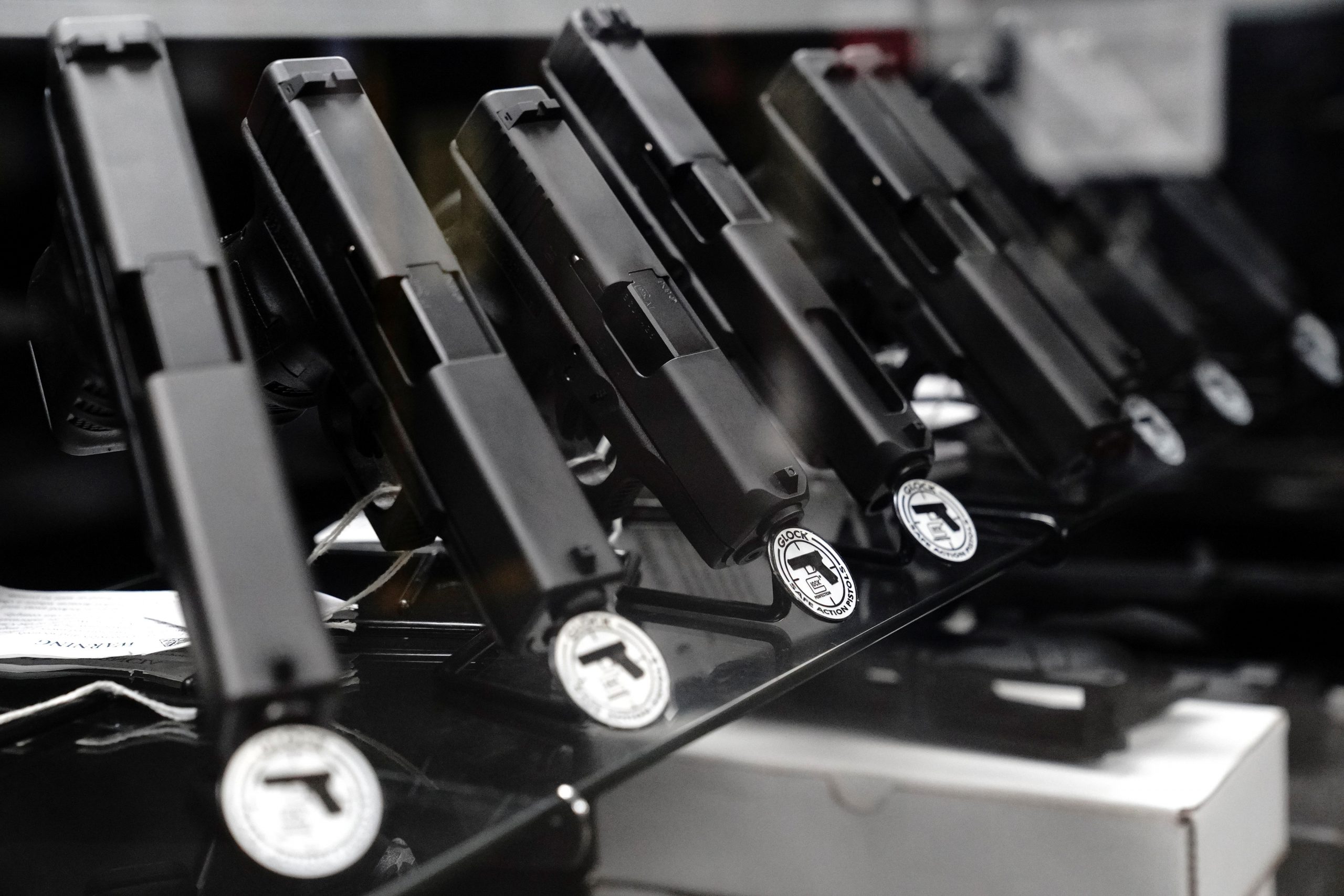A federal judge on Monday rebuked New Jersey lawmakers and issued a temporary restraining order that gutted some key features of a state law that banned legal gun owners from carrying their weapons in multiple public places.
New Jersey, like many blue states that restrict gun rights, was faced with a new world in June when the U.S. Supreme Court, in the New York State Rifle & Pistol Inc. v. Bruen ruling, rejected limits on when and where legal gun owners could carry a weapon.
U.S. District Court of New Jersey Judge Renée Marie Bumb said lawmakers went way too far in their response.
“As Plaintiffs lament, the challenged provisions force a person permitted to carry a firearm in New Jersey to “navigate a ‘veritable minefield,’” she wrote in her ruling. The state was the defendant in the case; those seeking their Second Amendment rights were the plaintiffs.
“Their view is a legitimate one. The Court knows of no constitutional right that requires this much guesswork by individuals wanting to exercise such right,” she wrote.
As David Jensen, an attorney for the plaintiffs, put it in a statement to CNN, “It is unfortunate that the Legislature and Governor responded to the Supreme Court’s decision in the way that they did — by trying to obliterate the right to bear arms using a death-by-a-thousand-cuts approach.”
The June ruling noted that “the Second and Fourteenth Amendments protect an individual’s right to carry a handgun for self-defense outside the home,” according to CNN.
New Jersey replied to that ruling with a law that essentially carved the state into vast swaths of gun-free zones. Democratic New Jersey Gov. Phil Murphy signed the law into effect on Dec. 22.
The law banned guns in museums and libraries, bars and restaurants, entertainment facilities, and private property except where the owner posted a sign to the contrary as well as an extensive list of what the law called “sensitive places.”
The lawsuit did not focus on the wider provisions of the law, only those addressing a few of the banned locations.
Bumb said the ruling failed the test of constitutionality in multiple ways.
“When a constitutional right becomes so burdensome or unwieldy to exercise, it is, in effect, no longer a constitutional right. Plaintiffs have made a convincing case that this legislation has reached that point,” she wrote.
She noted that the state had plenty of time to do better. She made short shrift of the state’s argument not to act too quickly by issuing an injunction.
“The State has had six months since Bruen to identify well-established and representative historical analogues,” she wrote.
In attacking the provision banning guns from private property without a note being posted, Bumb wrote, “New Jersey’s attempt to craft how private property owners communicate the word ‘no’ works, in effect, to deter a law-abiding citizen who has a permit to conceal carry from exercising his constitutional right under pain of criminal prosecution. That is not how the Second Amendment works.”
As a result, Bumb issued a preliminary injunction ending the ban on carrying guns in libraries and museums; bars and restaurants; entertainment facilities and the rule on transporting guns.
Bumb said the state has to play by the rules, saying it must show, “a historical tradition of firearm regulation” which cannot be shown in the lawsuit.
The judge’s bottom line was clear: “The deprivation of Plaintiffs’ Second Amendment rights, as the holders of valid permits from the State to conceal carry handguns, constitutes irreparable injury, and neither the State nor the public has an interest in enforcing unconstitutional laws,” she wrote.
This article appeared originally on The Western Journal.

























 Continue with Google
Continue with Google